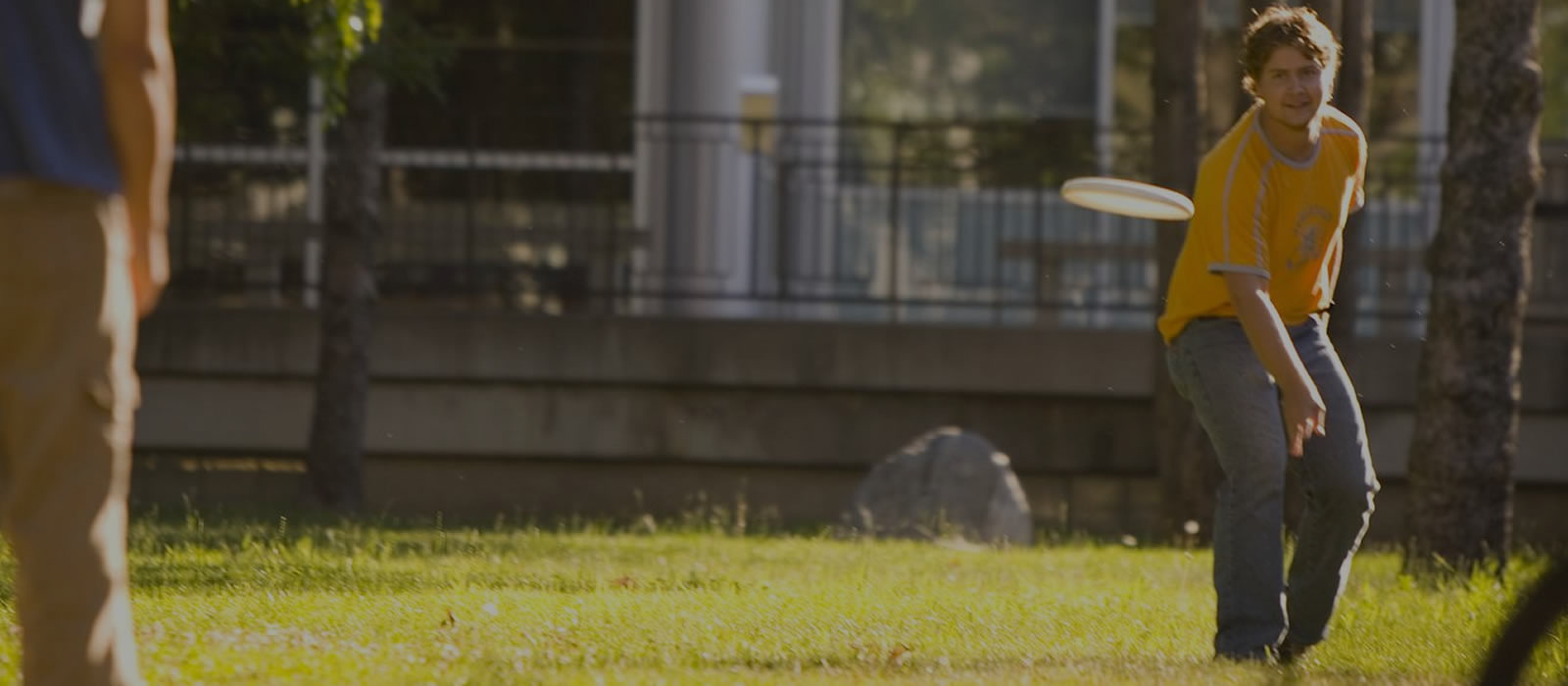Strengthening Core Understanding of Physical Activity for Individuals who Experience Gender-Based Violence: A Scoping Review Approach
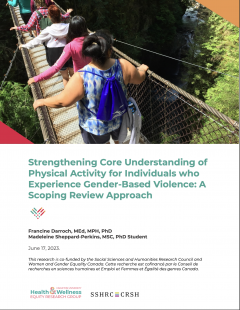
This report contains three scoping reviews that provide a nuanced, interdisciplinary understanding of past and current research initiates related to gender-based violence and physical activity.
Levelling the playing field: How a trauma-informed approach can make physical activity more accessible
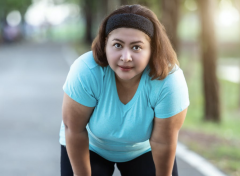
During spring and summer, as more people consider exercising outdoors, a trauma- and violence-informed approach to physical activity can help ensure equity, inclusion, safety and access.
To read the whole article by Drs. Francine Darroch and Lyndsay Hayhurst on The Conversation
Science Café – Advancing Trauma- and Violence-Informed Physical Activity Programming

As part of larger research project which explores physical activity inequities, under the supervision of Carleton professor Francine Darroch, Health Sciences MSc candidate Elia Palladino is guiding the development of a trauma- and violence-informed physical activity “landscape of practice.”
In this online Science Café recorded March 1, 2021 Palladino talks about trauma- and violence-informed physical activity as an innovative approach to physical activity programming. Watch now to discover what a “landscape of practice” is, how they have started to lay the groundwork for its development, its mission and goals, and their next steps.
Racing for Representation: An Analysis of Runner’s World Magazine Covers
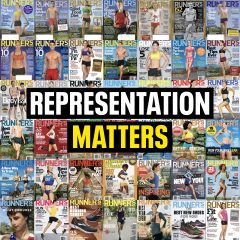
A mixed methods study examining media portrayal and representation on popular North American running magazine covers. The purpose of this research is to assess disparities in the representation of race and gender over the past decade through content analysis of imagery. Within the broader parameters of this research, we will discuss why representation is important within the current social context of the COVID-19 pandemic, widespread social movement that calls attention to the brutality enacted upon racialized communities, and drawing from feminist methodologies that call for reflexivity, we will use critical race theory and postcolonial feminist theory to problematize our practice of categorizing cover images based on race and gender we used in this study
TViPA Knowledge Mobilization Video
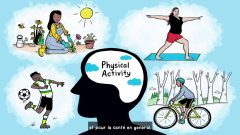
Trauma-and Violence-Informed Physical Activity: created by the Health and Wellness Equity Research Group (Sarita Hira, Madeleine Sheppard-Perkins,Elia Palladino, and Jensen Mortka), this video was created to illustrate an approach to addressing barriers and enhancing access to TViPA.
Photovoice Project
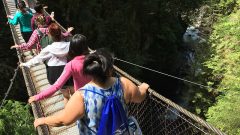
Taking Steps: A Collection of Images Shared by Mothers in Vancouver’s Downtown Eastside Community.
Documentary
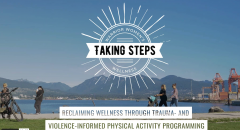
Taking Steps Warrior Women’s Wellness: Reclaiming Wellness Through Trauma- and Violence-Informed Physical Activity Programming.
Trauma-and Violence-Informed Physical Activity Toolkit
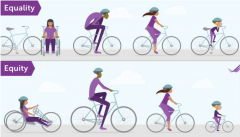
These resources were created by adapting equity resources created for healthcare settings by my postdoctoral supervisor, Dr. Colleen Varcoe and the EQUIP team. We tailored these resources to be relevant for community centres, gyms, and other physical activity locations.
Asset Mapping
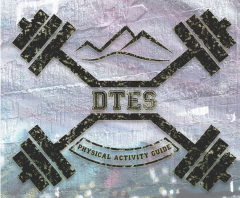
Free or low-cost fitness resources for women in the Downtown Eastside (DTES) – this is a manual available at various women accessed organizations in the DTES that illustrates programs, activities, and community centres that women can access for free or low-cost. We include relevant information such as women’s only hours, child care coverage, etc.
Public Talk
University of British Columbia Patients First Playbook PechaKucha Talk– Jessica Webb Taking Steps to Community Connection- Physical Activity Programs in the DTES.
